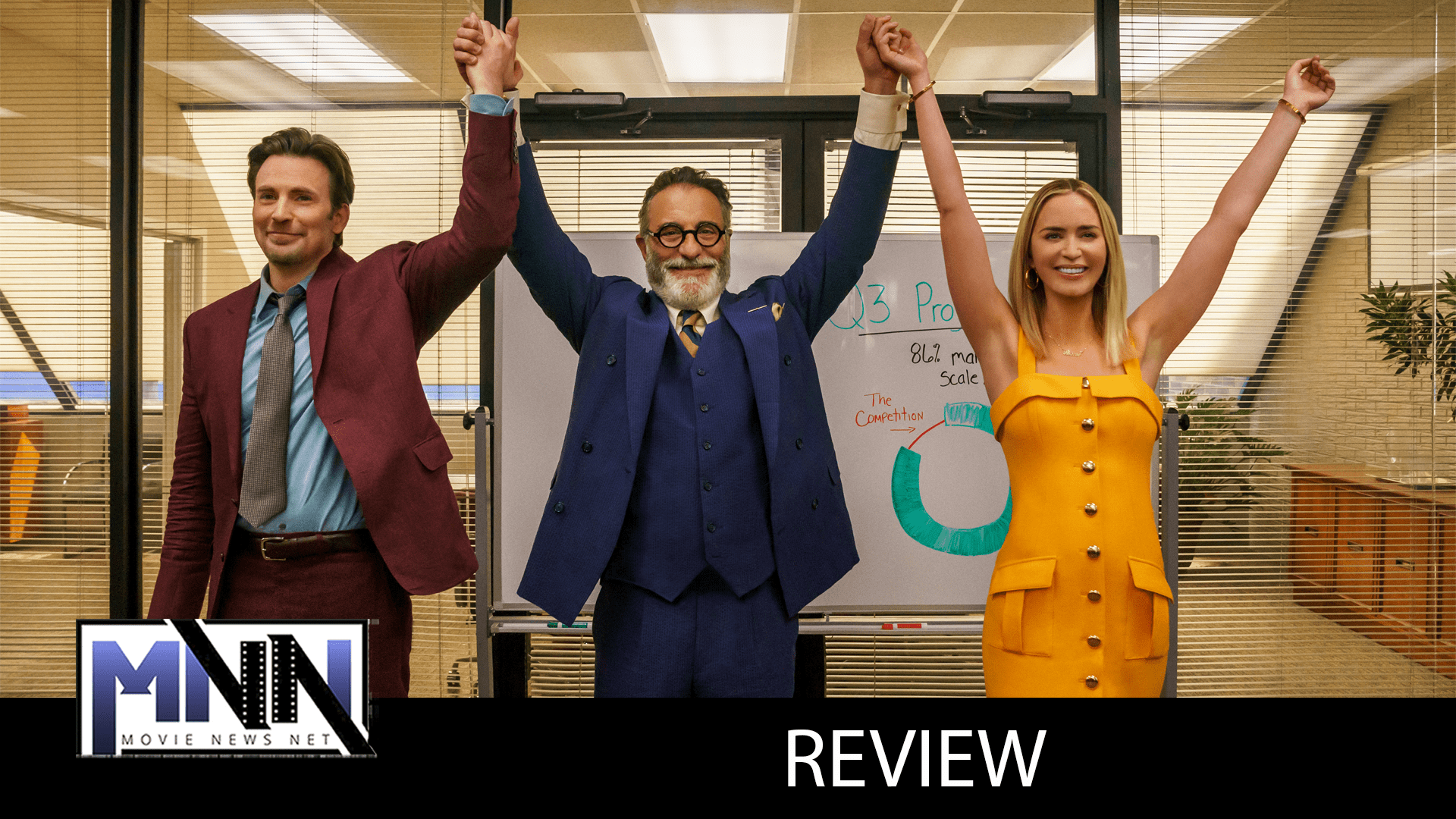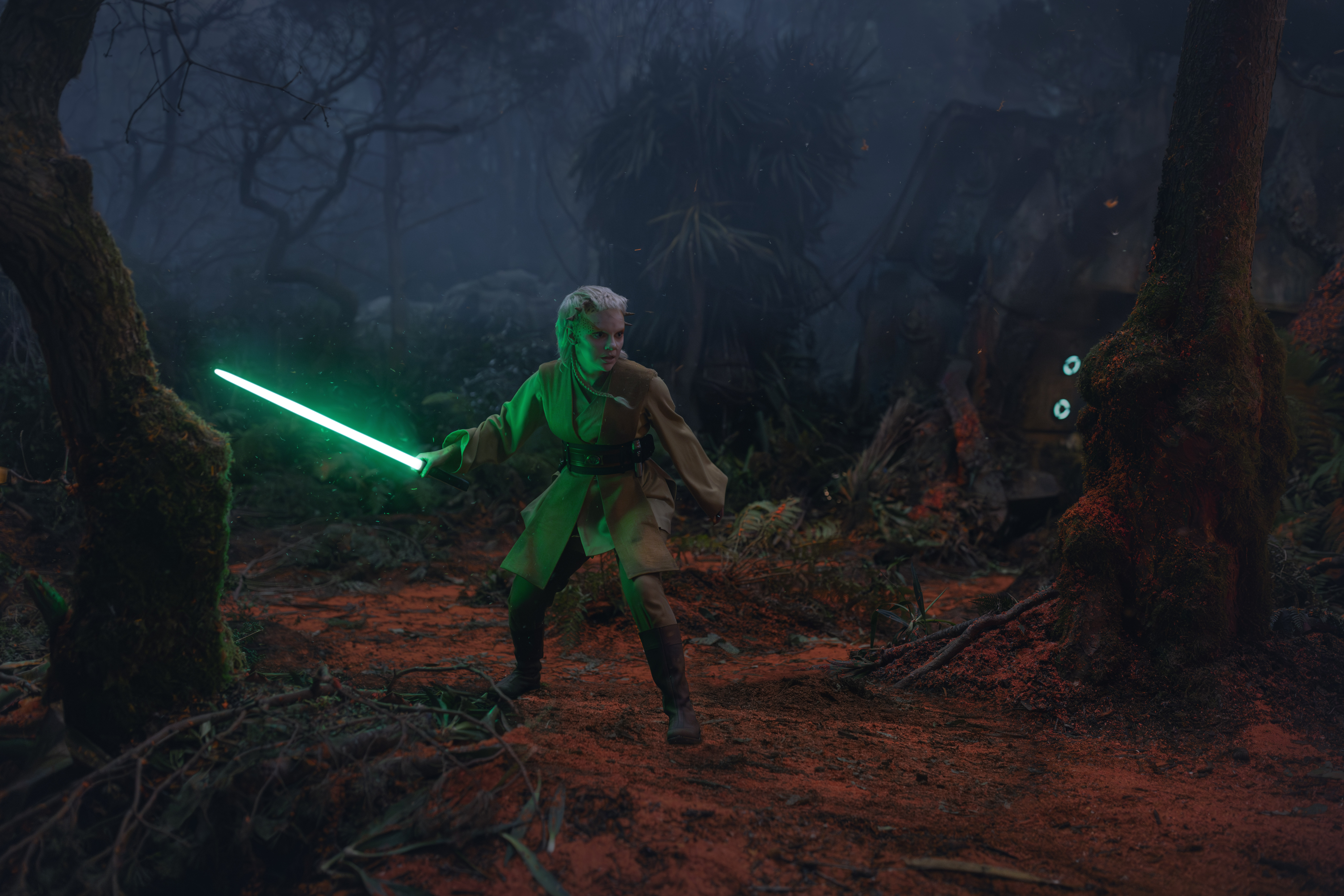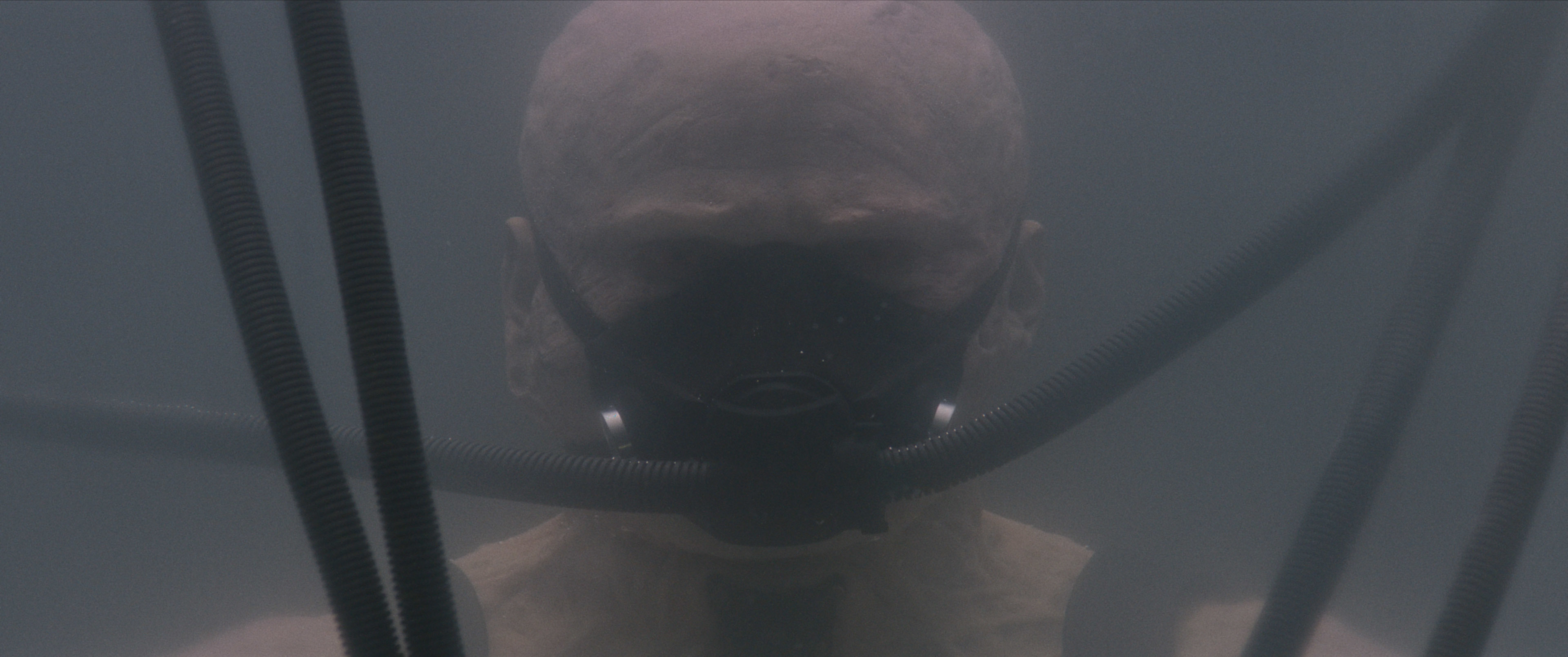‘Pain Hustlers’ Review: Emily Blunt and Chris Evans Can’t Save Paper-Thin Opioid-Crisis Drama
If you’ve ever stepped foot in the United States, and perhaps even if you haven’t, you have surely noticed the great epidemic of drug abuse that has riddled their lower-income neighborhoods’ streets with fentanyl addicts. Whether that is what prompted the UK-born filmmaker David Yates to explore the topic in Netflix’s Pain Hustlers, I don’t know, but British or American, the film suffered greatly from his soulless attitude behind the camera, his grey-to-sepia color palette, and overall lack of energy.
It’s quite clear from the very beginning that Yates intended for Pain Hustlers to be the Wolf of Wall Street of opioid-crisis movies, and put the focus on the people who profited from it as opposed to the real victims. It’s certainly an approach, though not being Martin Scorsese certainly puts him at a great disadvantage here. What was even the message? That banking on people’s pain is wrong? Perhaps, but did we really need a movie to show us that? This was mostly about documenting what happened, yet the film could have actually made an impact had it had an actual voice behind it, a powerful statement to take home. Or at the very least make it appealing to watch. It’s quite an achievement to make an ugly-looking film led by Emily Blunt and Chris Evans.
Blunt stars as Liza Drake, a broke, single mom who enters the world of pharmaceutical sales after meeting Chris Evans’ Pete Brenner at the strip club where she occasionally gets half-naked. At their company, they’re on the edge of financial collapse — if only the doctors would realize that they actually have a pain-killing drug that will actually help cancer patients. There’s really no nuance in the storytelling here; the architects of a new sales model for a groundbreaking medication are able to put their entire families out of financial disaster and give themselves the life they always dreamed of. But the height of their rise is only equaled by the depth of their fall, once the feds catch wind of some not-so-legal money arrangements between the pharmaceutical company and the doctors who are prescribing the highly addictive drugs for any type of pain outside of cancer, thus causing overdoses all across the country.

“Pain Hustlers” – (L to R) Chris Evans as Brenner, Andy Garcia as Neel, and Emily Blunt as Liza in Pain Hustlers. Cr. Betina La Plante/Netflix © 2023.
Pain Hustlers can’t really decide if they want to use the fact that these people were actually doing a whole illegal scheme the whole time as an actual twist. It can’t figure out whether people at the top were actually in the know the whole time, and while it tries to rely on Emily Blunt’s emotions to sell you a leading character who does care about the people she is (perhaps not so) indirectly hurting, that was definitely not the angle to focus the poignant side of the story on. At least the point of The Wolf of Wall Street was that the perpetrators didn’t regret it at all, which made it all the more tragic. Instead of showing us the actual scale of the opioid crisis by focusing on the victims, Yates relies on people having been to Tenderloin in San Francisco to actually know about it.
The film lacks nuances all across the table. Chris Evans’ insistence on playing a wider range of characters after his undeniable hero turn as Captain America in the 2010s isn’t doing him any favors. Every step he moved forward with Knives Out he walks back two-fold in Pain Hustlers (although this is certainly an improvement over Ghosted). I understand the appeal for Emily Blunt to play this character too, but the script by Wells Tower is so thin she couldn’t manage to salvage it — something she probably realized halfway through when she even stopped trying. Her character is also given a daughter, who is in pain herself, to look after, but even that becomes completely bland after a while.
At its core, Pain Hustlers attempts to be a reminder that perhaps a health care system where money comes first and the patients’ health comes later isn’t exactly promising, and as everything in the US, becomes another way to increase the gap between the 1% and everyone else lining up on middle-of-nowhere doctors’ offices to get prescriptions for their fentanyl-filled drugs. Universal health care may have its own problems, but for now, they are far cries from what the Wall Street-driven system implemented stateside. Of course, though that is nowhere to be found in the script, which barely goes beyond saying “these people were bad”.
Pain Hustlers is currently streaming on Netflix.
Miguel Fernández is a Spanish student that has movies as his second passion in life. His favorite movie of all time is The Lord of the Rings, but he is also a huge Star Wars fan. However, fantasy movies are not his only cup of tea, as authors like Scorsese, Fincher, Kubrick or Hitchcock have been an obsession for him since he started to understand the language of filmmaking. He is that guy who will watch a black and white movie, just because it is in black and white.







